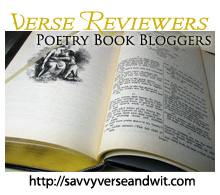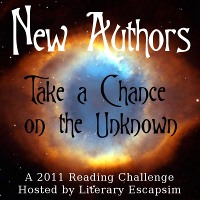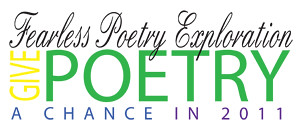
Just be warned that these posts can increase your TBR piles and wish lists.
Here’s what I received this week:
1. To the Moon and Back by Jill Mansell for review in September from Sourcebooks.
2. Out of Breath by Blair Richmond for review in October.
3. Mr. Darcy's Undoing by Abigail Reynolds from Sourcebooks for review in October.
4. Mr. Darcy's Bite by Mary Lydon Simonsen from Sourcebooks for review in October.
5. Becoming Marie Antoinette by Juliet Grey from Random House for review in the fall.
Library Loot:
Library Loot is a weekly event co-hosted by Claire and Marg that encourages bloggers to share the books they’ve checked out from the library. If you’d like to participate, just write up your post-feel free to steal the button-and link it using the Mr. Linky any time during the week. And of course check out what other participants are getting from their libraries!
1. Now You See Her by James Patterson and Michael Ledwidge
2. Sugar in My Bowl by Erica Jong
What did you receive this week?






